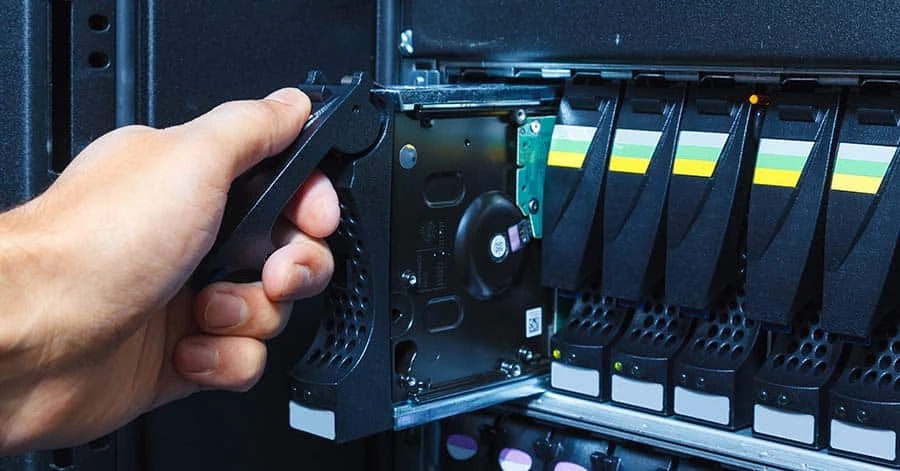An e-commerce site is an excellent opportunity for every entrepreneur to get going. With an online store, your products are available 24 hours a day, 365 days a year, to a worldwide customer base. Drop-shipping and broadening your target market while leaving a little physical imprint are all made possible by the World Wide Web.
An essential component of running a business is keeping tabs on your company's finances. So, if you're running a business, you'll need to either learn about accounting and bookkeeping services or get someone to do it for you.
Fortunately, not only is it feasible to learn how to manage your ebooks but there are a few significant advantages to doing so:
E-commerce Bookkeeping: The Basics
Setting up a bookkeeping process for an e-commerce store necessitates multiple phases.
Decide how you're going to keep track of and price your stock.Purchase and install a retail accounting programSet up a system to automatically generate sales orders, bills, and receipts.Keeping track of your inventoryPrepare a balance sheet, financial, and cash flow statement for the first month of business.It's a good idea to familiarize yourself with accounting fundamentals before calculating your revenue and expenses. Start with financial statements.
The Efficient Way of Bookkeeping
Investing time in accounting and bookkeeping services is worthwhile, but only if done effectively. Preventing your books from becoming a useless mess begins with getting the little things right from the start.
Keep Your Personal and Business Finances SeparateOpen a company account as soon as feasible and separate your personal and corporate finances. Keeping track of your earnings and expenditures becomes more challenging in the case of merged accounts.
A separate account allows you to keep track of your transactions, generate financial reports, and discover tax deductions. When it comes time to file your tax return, there will be no doubt whether that purchase was for your office chair or family room furniture.
Select A Bookkeeping SystemUsing single-entry accounting, you quickly track each transaction as an expense or an income and add or subtract it from your cash balance.
Double-entry accounting records each transaction as a debit or credit in two separate accounts to ensure that your income, expenditures, assets, and liabilities are in line. Consistency is more crucial than your bookkeeping system.
Set up a General Ledger Account (Chart of Accounts)In a general ledger, you may keep track of all your business and personal finances in one location. It saves you from sifting through your bank or credit card statements to discover transactions. Sub-ledgers help to record detailed transactions for each of the following categories: assets, liabilities, equities, revenue, and expenses.
In the future, you and your accountant won't get lost if you use a chart of accounts to identify the names and functions of your sub-ledgers.
Keep a Record of EverythingKeep a record of all transactions, big or little, whether they are recurring or one-time events. Yes, it includes the coffee you bought on the company's dime while on business travel. It's a good idea to categorize your spending with clearly defined tags to see how your money moves.
If the IRS audits you, you'll need to save all receipts for a minimum of 3 years in a safe place. You must keep all the invoices, records, orders, tax documents, forms, and applications. In the case of an IRS audit, you never know when you'll need them.
Rectify regularlyIt becomes much easier when you keep up with your accounting and bookkeeping services regularly. If you wait for an extended period, cleaning up might be challenging, much like keeping your house clean.
Begin the practice of closing your books after every work day. When it comes to tracking your funds, this practice is essential. To keep tabs on your company's success and trends, generate monthly and quarterly financial reports (financial statements, balance sheets, cash flows, etc.).
0

